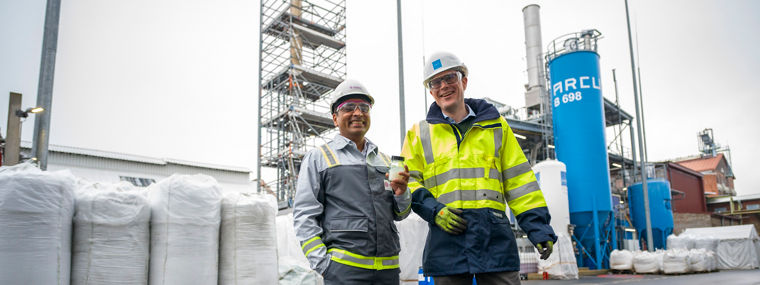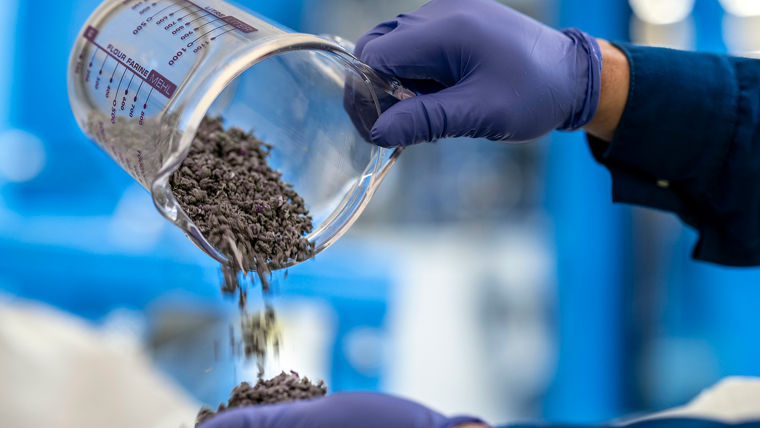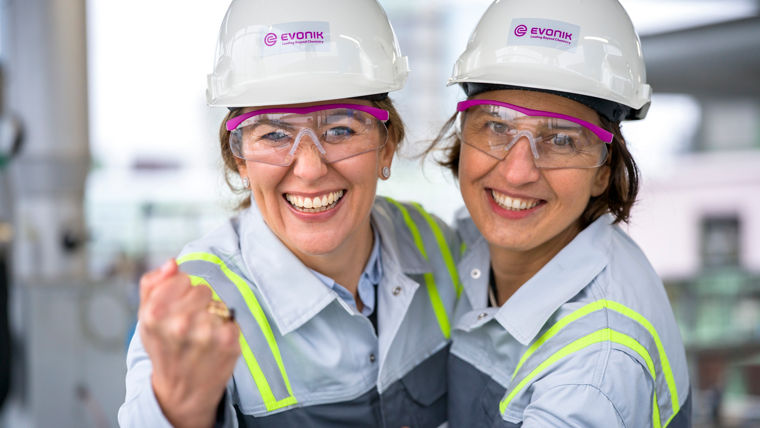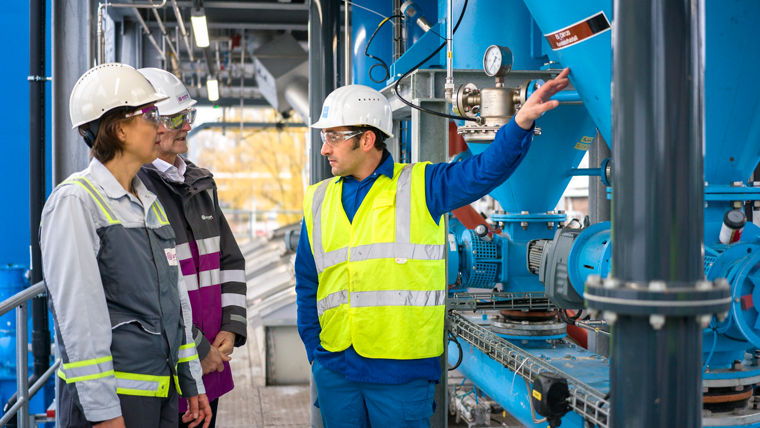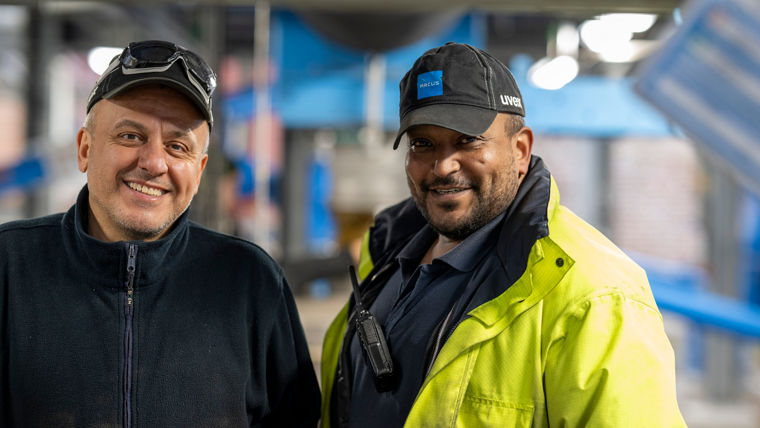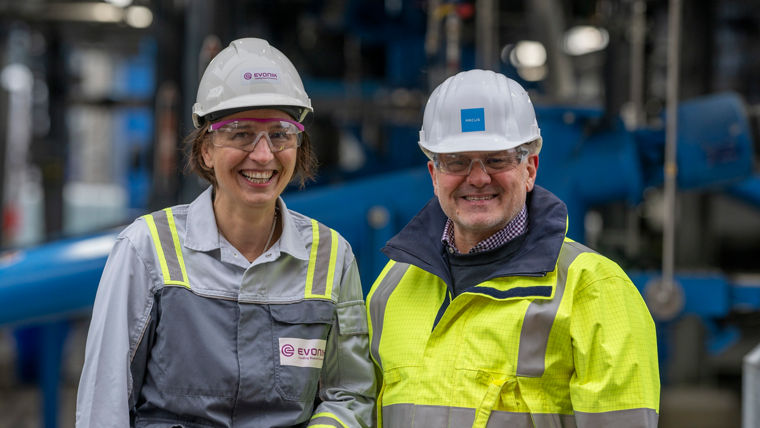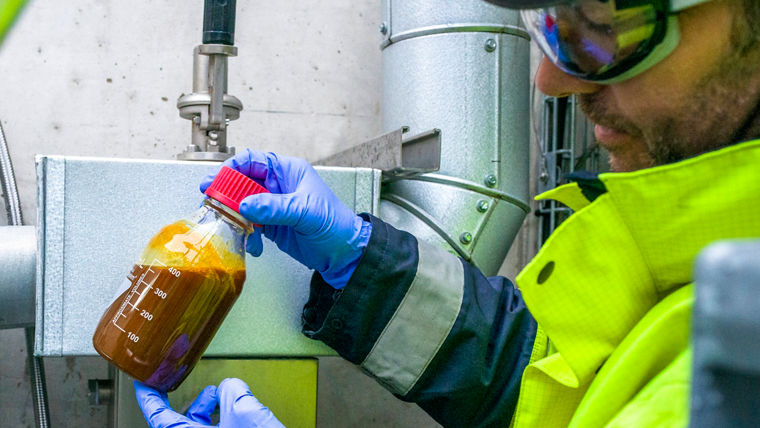How plastics are recycled into raw materials
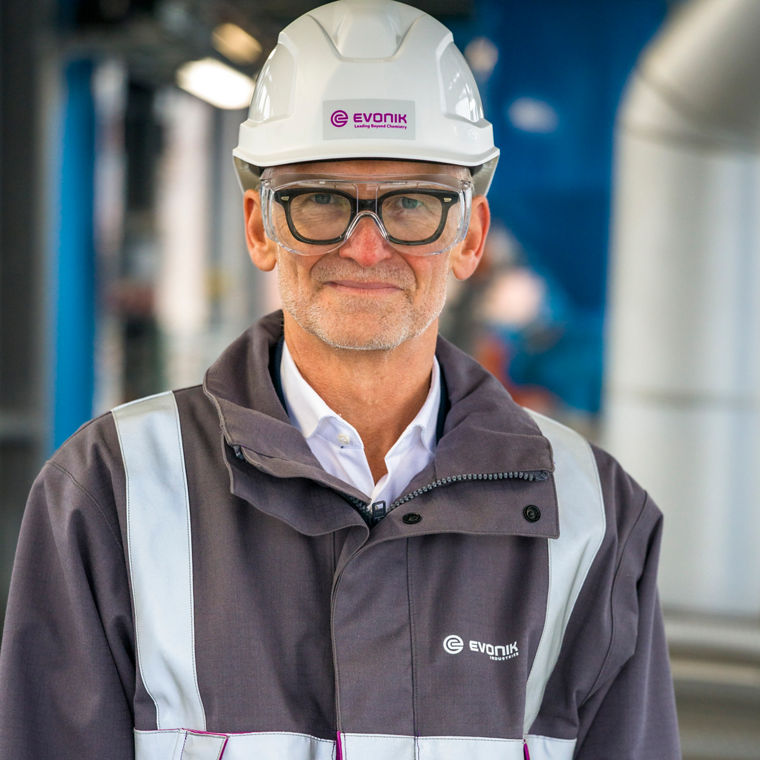
The European Commission sees the circular economy as a key building block of climate neutrality. It helps conserve natural resources and avoid the incineration of waste.
Dr. Ralf Düssel | Head of Sustainability | Evonik
In Dialogue
THURSDAY, NOVEMBER 14, 2024, 8 A.M.: ARCUS GREENCYCLING TECHOLOGIES GmbH, PYROLYSIS PLANT AT HÖCHST INDUSTRIAL PARK IN FRANKFURT AM MAIN (GERMANY)
Today, Markus Klatte (CFO), Daniel Odenthal (COO), and Dr. Marco Tomasi Morgano (CTO) of ARCUS Greencycling Technologies GmbH are meeting with Dr. Ralf Düssel (Head of Sustainability), Hendrik Rasch (Director Global Circular Economy Program), and Sachin Wagh (Project Manager PyOil, Oil Additives) of Evonik to discuss chemical recycling.
The Project Team
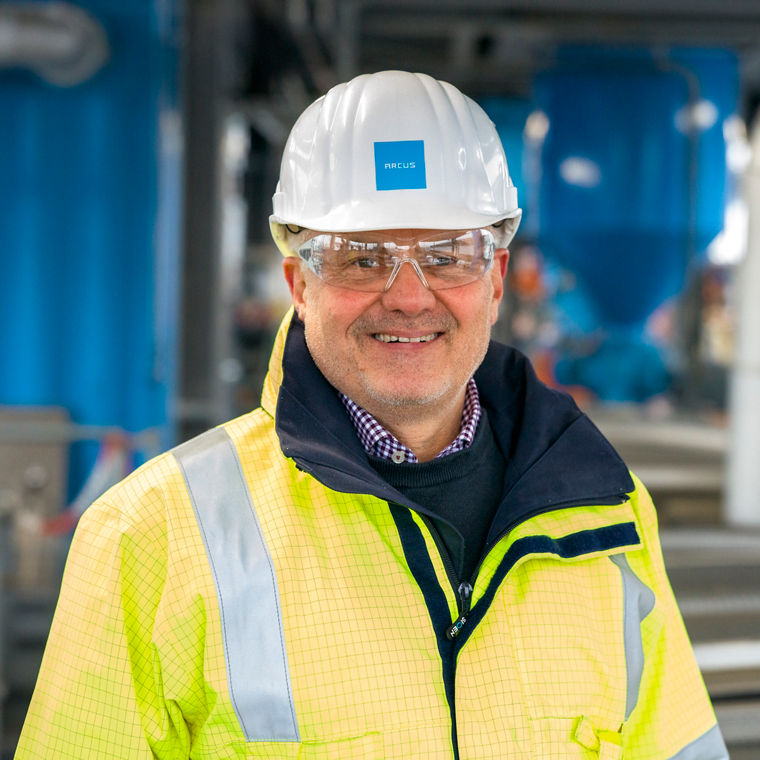
Plastic waste is not the end of the story, but the beginning of a new chapter where sustainability, circular economy, and innovative technology go hand in hand.
Markus Klatte | CFO | ARCUS Greencycling Technologies

Potential of plastic recycling—challenges and opportunities
In 2023, some 414 million metric tons of plastics were produced worldwide, with China accounting for 33 percent of this amount and Europe for 12 percent. Despite the progress with recycling, only about 27 percent of the plastics produced in Europe are recycled. The remainder is either incinerated or disposed of in landfills. Recycling plastics can be difficult. In many cases, mechanical recycling is a low-cost, energy-efficient option. However, it is not suitable for some materials because of its properties, complexity, or contamination. In such cases, chemical recycling is a complementary technology that can be used to return plastics that are heavily contaminated or difficult to recycle to the production cycle.
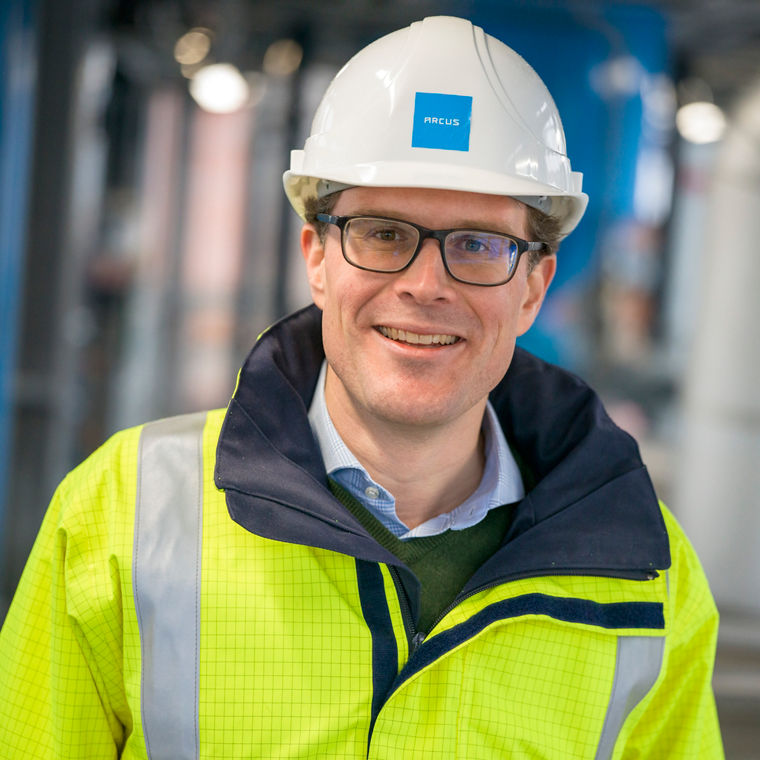
Waste generates very inhomogeneous material streams.
Daniel Odenthal | COO | ARCUS Greencycling Technologies
Chemical recycling—a key to circularity
Chemical recycling encompasses a range of processes aimed at recovering valuable raw materials from plastics, including pyrolysis, depolymerization, and gasification. The plastic waste is separated into gases, liquids, or smaller building blocks, which can then be reused in the manufacture of new plastics. One promising method is pyrolysis, where plastic waste is converted into synthetic crude oil, which can be used in established production processes, either directly or after further processing. This process does not simply reduce the volume of waste; it also helps to reduce CO2 emissions. Plastic waste that would otherwise end its life in a refuse incinerator or landfill can now be reused.
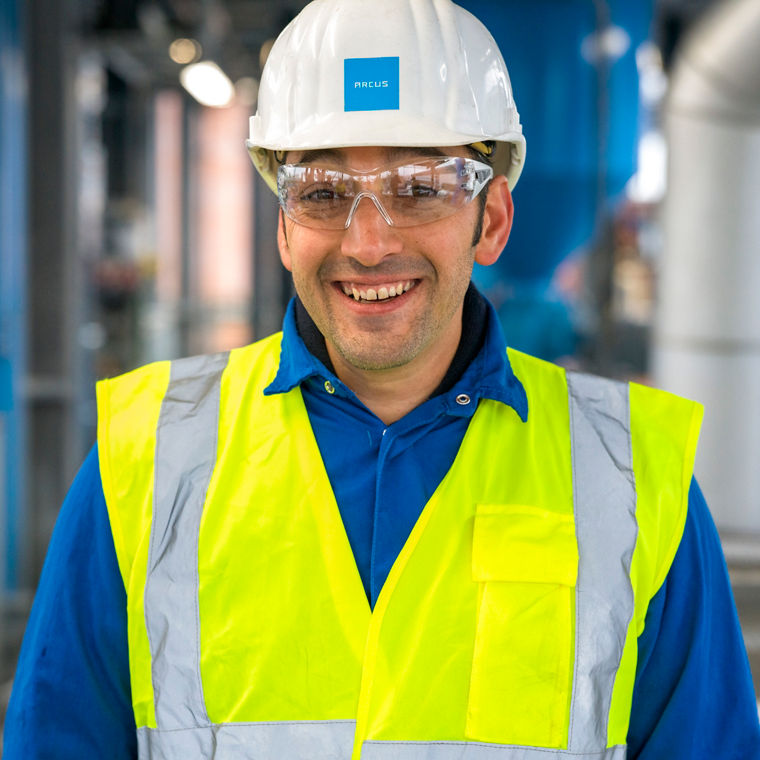
Our basic philosophy is developing and operating a technology that is as robust as possible so it can successfully process highly variable, demanding, and even contaminated waste.
Dr. Marco Tomasi Morgano | CTO | ARCUS Greencycling Technologies

The ARCUS process—innovation for the future of the circular economy
ARCUS is a pioneer in recovering valuable raw materials by means of pyrolysis. It has developed a technology that closes the plastics loop and greatly reduces the carbon footprint of plastics. Instead of incineration, waste plastics are converted into a pyrolysis oil that is similar to naphtha and can be returned to the production cycle as a starting product for plastics.
The special feature of the ARCUS process is that it can handle complex and heavily contaminated waste because it is not sensitive to impurities and foreign bodies. In this process, plastic waste can be converted into a high-quality starting product for the production of plastics. The ARCUS process is fully electric. In the future, the electricity it requires will be produced from the pyrolysis gases generated. The combination of pyrolysis and the use of Evonik additives to improve process and resource efficiency is helping to drive forward the circular economy, while also reducing CO2 emissions.
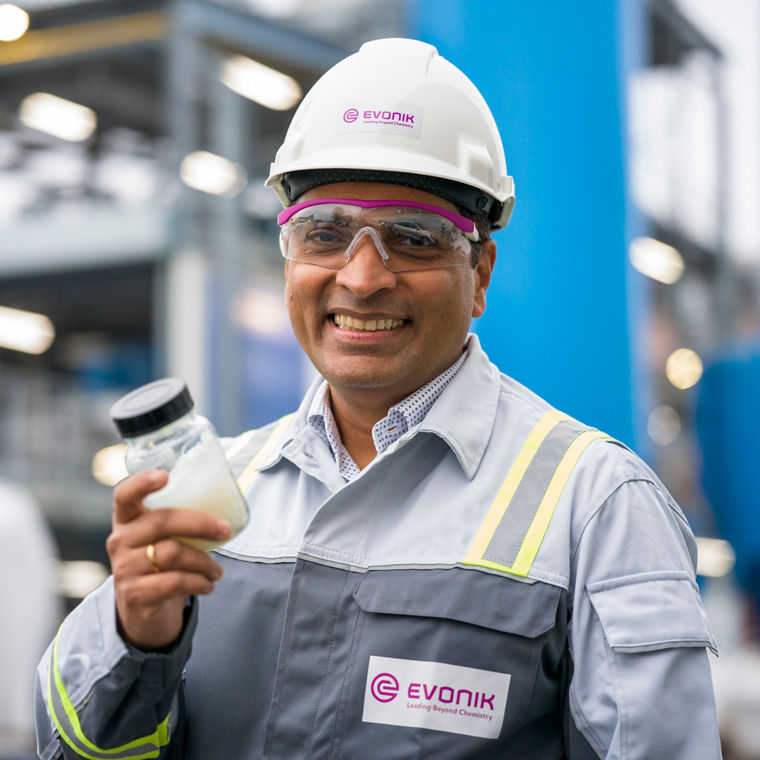
Our VISCOPLEX® flow improvers modify the crystallization behavior of waxes in pyrolysis oil, thereby avoiding unpredictable challenges in handling these oils.
Sachin Wagh | Project Manager PyOil, Oil Additives | Evonik
The Evonik additives
Evonik’s VISCOPLEX® pour point depressants enhance the handling of ARCUS’ pyrolysis oils. Pyrolysis oils produced from plastic waste often contain waxy impurities, which increase the viscosity and pour point of the oil making storage, transportation, and further processing more difficult. By reducing the viscosity and pour point of pyrolysis oil, VISCOPLEX® pour point depressants optimize its processing properties. The pyrolysis oil remains free-flowing, which reduces the need for temperature regulation and cuts the maintenance requirements of the pipework. That makes pyrolysis oil a genuine alternative to fossil-based naphtha, which is traditionally used in established production processes.
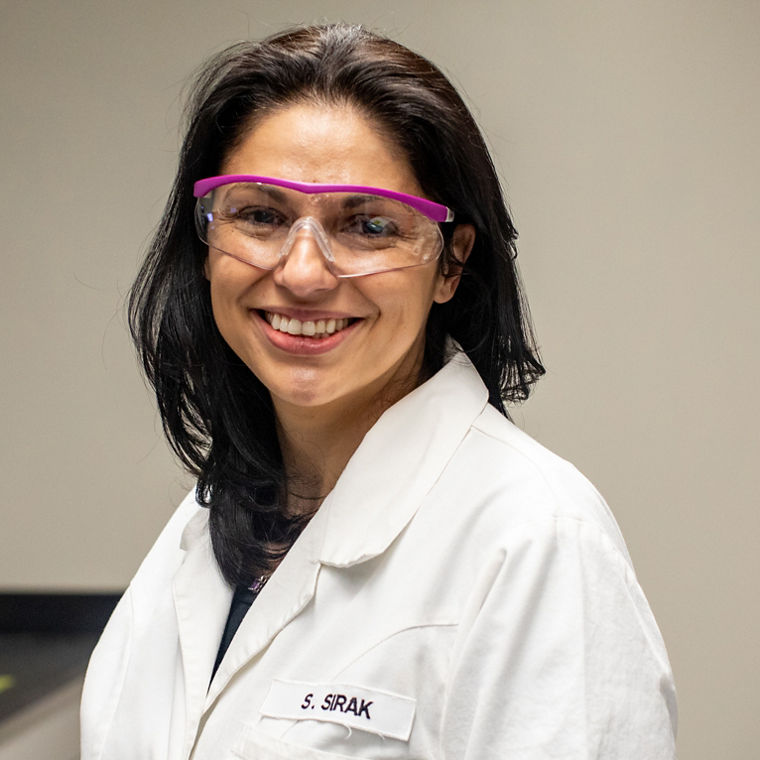
Thanks to our long-standing expertise, technical customer service, and the resulting recommendations from our range of pour point depressants, we can assist our customers in speeding up their product development.
Sofia Sirak | Senior Innovation and Technology Manager, Oil Additives | Evonik
Working together for a circular future
The collaboration between ARCUS Greencycling Technologies and Evonik is based on a reliable and trusting partnership. Further partnerships with companies in other industries, OEMs, and research institutes is essential for analyzing innovative circular business models and establish sustainable ecosystems.
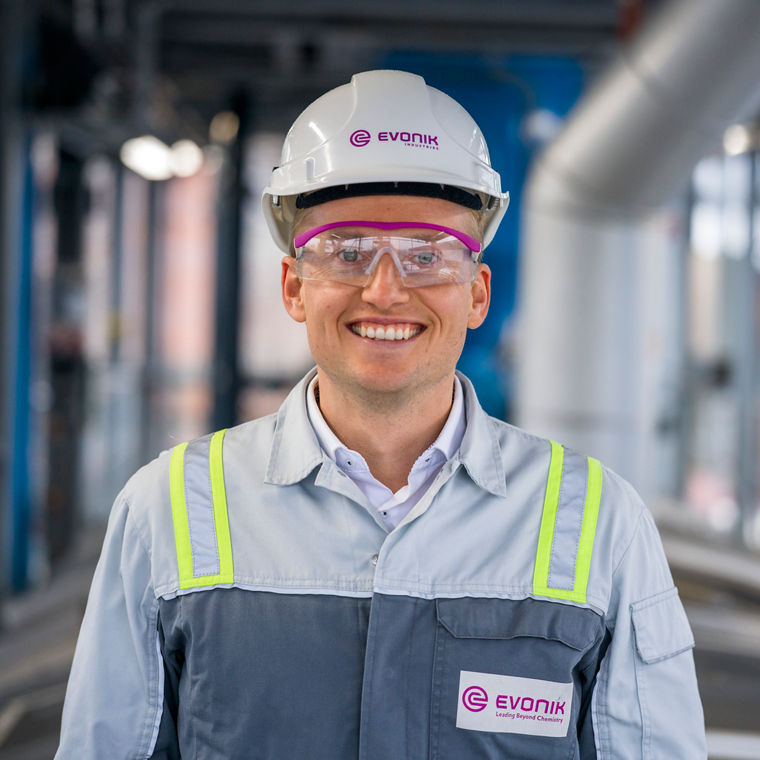
The collaboration with ARCUS is a successful example of how the Circular Economy Program is developing Evonik’s product range for the new markets that are arising.
Hendrik Rasch | Director Global Circular Economy Program | Evonik
Evonik’s contribution to the circular economy
By optimizing and enhancing these technologies, Evonik empowers its partners to deliver innovative solutions that advance circularity and promote sustainable practices.
A combination of innovative processes, partnership, and strong commitment to sustainability ensures that Evonik will play a pivotal role in the circular economy in the future.
In the podcast
Dr. Marco Tomasi Morgano (ARCUS Greencycling Technologies) in conversation with Hendrik Rasch and Sachin Wagh (both Evonik) about the ARCUS pyrolysis process and the use of Evonik's VISCOPLEX® flow improvers.

The Videos
Today, Dr. Ralf Düssel (Head of Sustainability at Evonik), Daniel Odenthal (COO at ARCUS), Dr. Marco Tomasi Morgano (CTO at ARCUS), Sachin Wagh (Project Manager PyOil, Oil Additives at Evonik) and Markus Klatte (CFO at ARCUS) meet to discuss chemical recycling.
Dr. Ralf Düssel (Evonik) about circular economy in plastics recycling
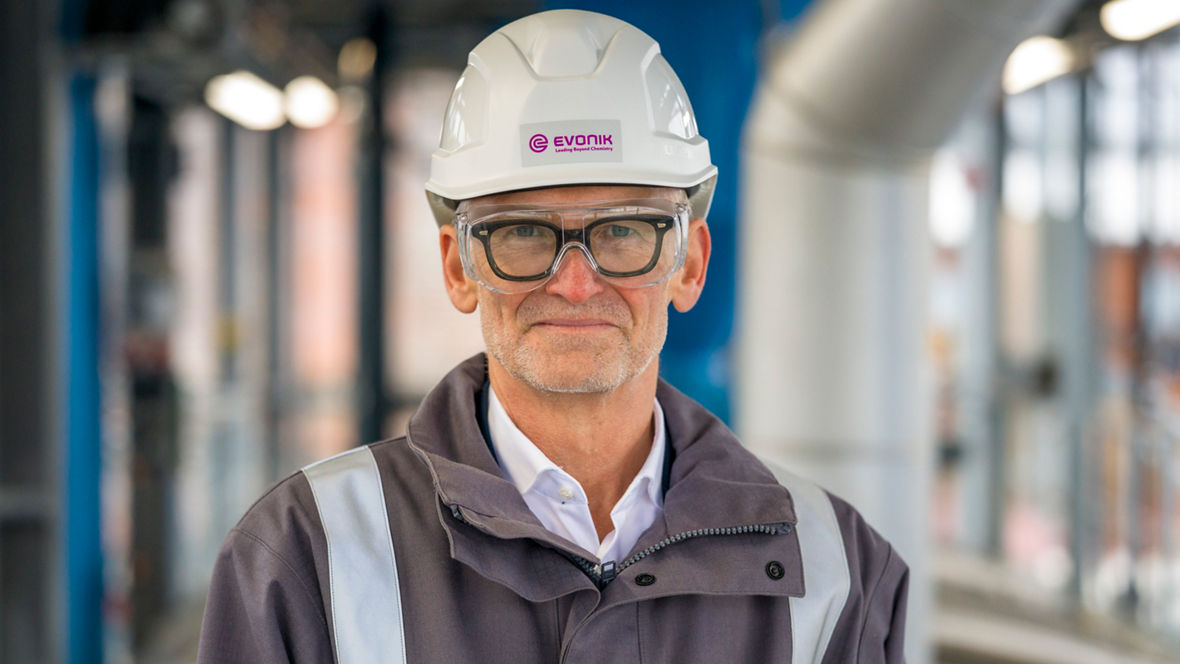
This website embeds YouTube videos. To load the YouTube player and view the video at this point, please first agree to the transfer of your personal data to Google. For more information, please see Evonik Privacy Policy
Sustainability is a central component of Evonik's strategy, especially with regard to the circular economy, which is seen as the key to climate neutrality and economic potential. Evonik pursues a systematic approach to maintaining the value of products and resources. In view of the planetary boundaries, the sustainable use of resources and waste management is becoming increasingly important. Evonik uses its knowledge of processes and technologies to develop future-proof solutions. One example is the collaboration with ARCUS Greencycling Technologies to promote the chemical recycling of plastic waste.
Ralf Düssel (Head of Sustainability | Evonik)
Daniel Odenthal (ARCUS) and the philosophy of the ARCUS process
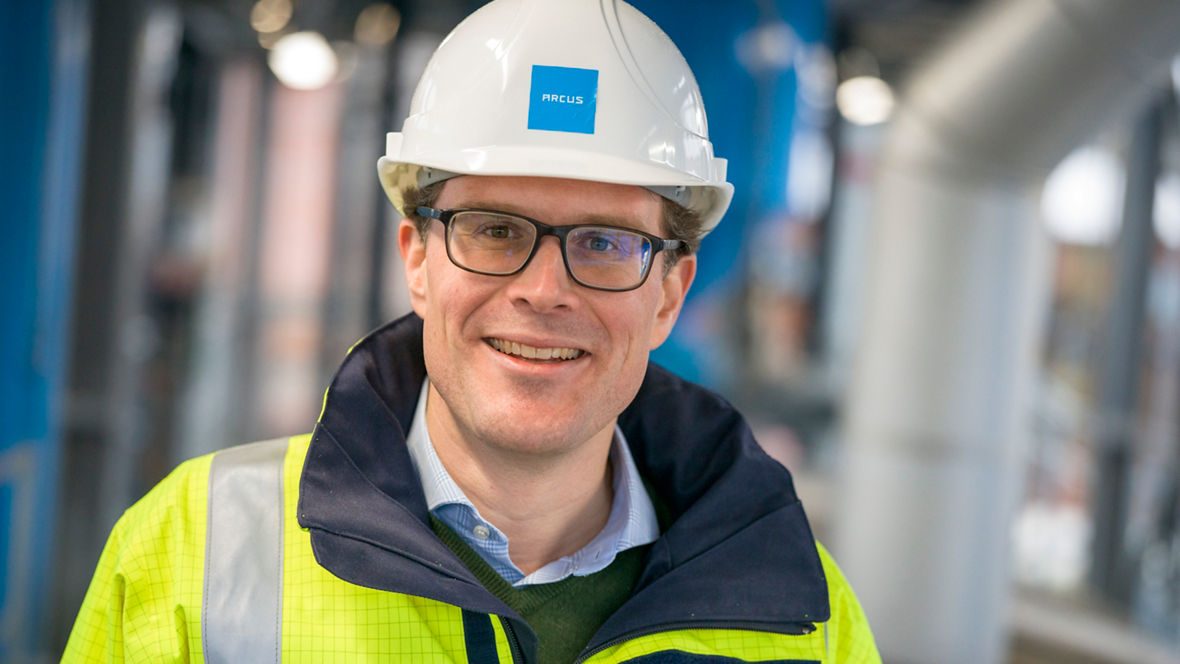
This website embeds YouTube videos. To load the YouTube player and view the video at this point, please first agree to the transfer of your personal data to Google. For more information, please see Evonik Privacy Policy
"The basic philosophy of the Arcus process is to develop a robust process that efficiently processes inhomogeneous waste streams, regardless of the season. Arcus uses compacted feedstock and focuses on industrial waste, which has a higher proportion than dual systems. By collaborating with various industries, the recyclability of these material flows is optimized."
Daniel Odenthal (COO | ARCUS)
Dr. Marco Tomasi Morgano (ARCUS) about the ARCUS procedure
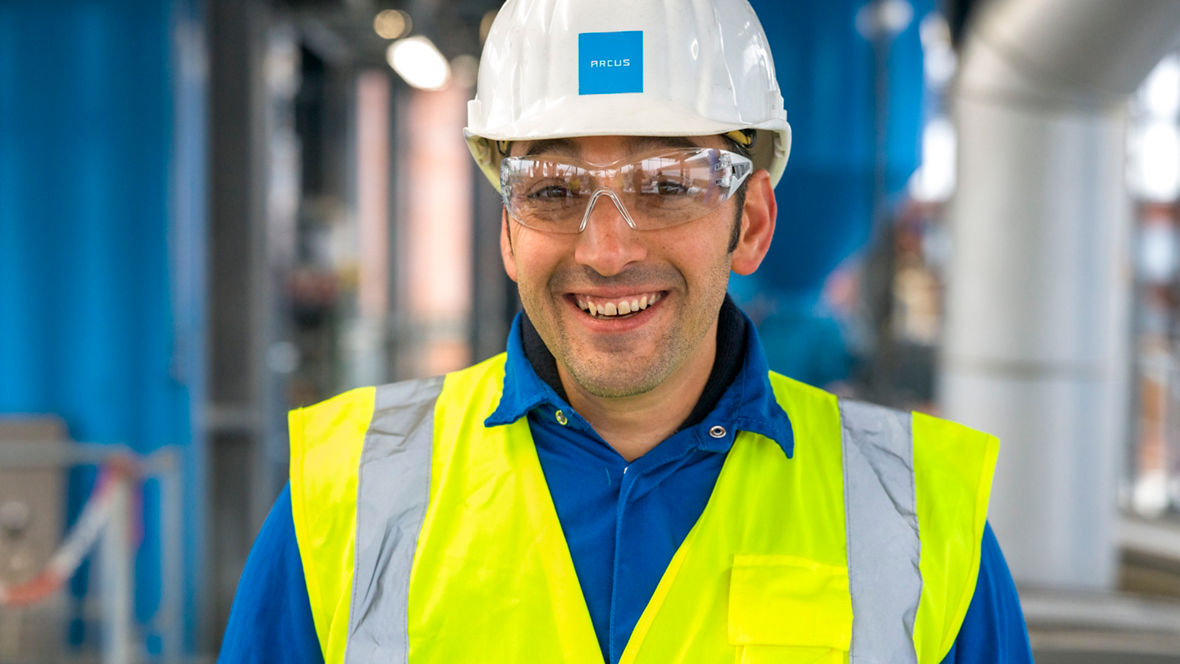
This website embeds YouTube videos. To load the YouTube player and view the video at this point, please first agree to the transfer of your personal data to Google. For more information, please see Evonik Privacy Policy
"ARCUS uses a pyrolysis-based process to produce naphtha-like raw materials from contaminated plastic waste. Our electrically operated system is robust, insensitive to foreign bodies and impurities."
Dr. Marco Tomasi Morgano (CTO | ARCUS)
Sachin Wagh on the benefits of Evonik's additives
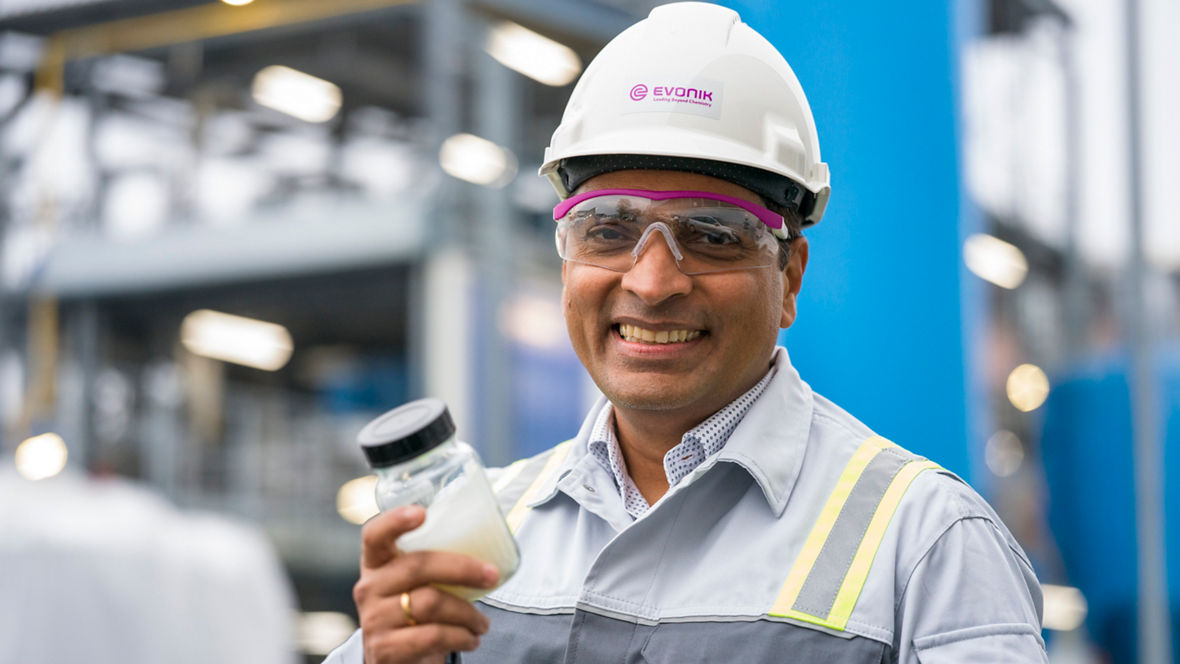
This website embeds YouTube videos. To load the YouTube player and view the video at this point, please first agree to the transfer of your personal data to Google. For more information, please see Evonik Privacy Policy
"Pyrolysis oil made from plastic waste contains wax that increases viscosity and pour point, which leads to handling problems. Evonik's VISCOPLEX® flow improvers lower these values, facilitate storage and transport, and prevent clogging. They make it possible to use circular pyrolysis oil as a substitute for fossil naphtha."
Sachin Wagh (Project Manager PyOil, Oil Additives | Evonik)
Markus Klatte (ARCUS) about the final pyrolysis oil
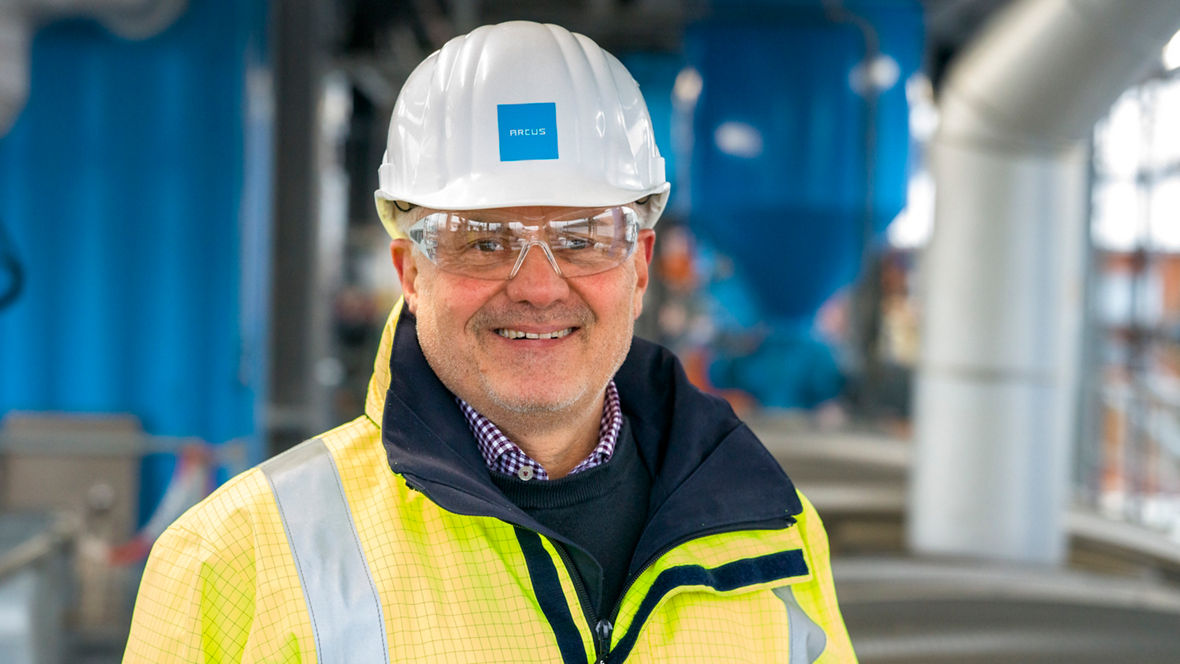
This website embeds YouTube videos. To load the YouTube player and view the video at this point, please first agree to the transfer of your personal data to Google. For more information, please see Evonik Privacy Policy
"Our ARCUS process converts hard-to-recycle plastic waste into pyrolysis oil, which reduces CO2 emissions and saves fossil raw materials. This strengthens the circular economy and promotes sustainability by being a key technology for a positive future."
Markus Klatte (CFO | ARCUS)

Evonik ELEMENTS Digital Magazine
Evonik ELEMENTS is our innovation magazine that explores topics of scientific, technological, and societal relevance. It offers in-depth science journalism with perspectives from business, society, and politics.
In the digital version of the magazine, you’ll find the key topics from the ELEMENTS issues. Many of them include additional digital content such as videos. A link to the PDF edition is also provided.
